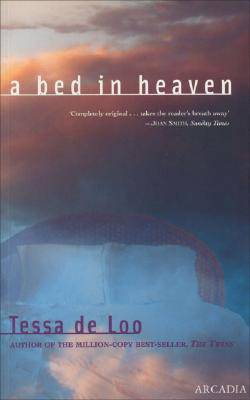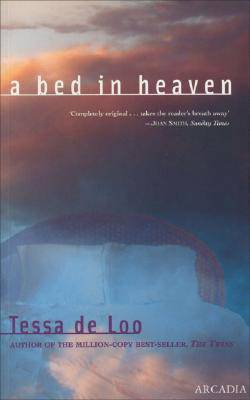
- Afhalen na 1 uur in een winkel met voorraad
- Gratis thuislevering in België vanaf € 30
- Ruim aanbod met 7 miljoen producten
- Afhalen na 1 uur in een winkel met voorraad
- Gratis thuislevering in België vanaf € 30
- Ruim aanbod met 7 miljoen producten
Zoeken
Omschrijving
A woman falls in love with a man who may or may not be her brother in this searing novel by de Loo (The Twins), which traces the effects of WWII on a fractured Hungarian Jewish family. Like de Loo's previous work, this gripping, pared-down narrative hinges on a stunning coincidence. When the novel opens, narrator Kata Roszavolgyi, in her 40s, has just buried her father and is now lying in bed with his son. Kata recalls growing up in Holland in the 1950s with a Dutch mother and Hungarian Jewish father, the latter a renowned composer. As a teenager she falls in love with another student named Stefan; as they grow closer, Kata learns that Stefan's mother, Ida Flinck, hid Kata's father from the Nazis during WWII. From there, the revelations pile up: Kata's father and Ida had become lovers while he hid in her house. To better protect him, Ida also began an affair with a Nazi officer. After the war, Kata's father abruptly left Ida. Soon afterward, Ida gave birth to Stefan. Is Stefan the son of the Nazi officer or the Hungarian Jew? As the novel moves toward a climactic encounter between Kata's father and Stefan, de Loo explores the legacy of the war-loss, guilt, families set adrift-for the generation of Europeans born in its wake. She handles the plot without melodrama, and her simple, deliberate prose and thoughtful compassion make this a virtuoso performance.--Publishers Weekly.
Specificaties
Betrokkenen
- Auteur(s):
- Vertaler(s):
- Uitgeverij:
Inhoud
- Aantal bladzijden:
- 128
- Taal:
- Engels
Eigenschappen
- Productcode (EAN):
- 9781900850643
- Verschijningsdatum:
- 1/06/2008
- Uitvoering:
- Paperback
- Formaat:
- Trade paperback (VS)
- Afmetingen:
- 135 mm x 211 mm
- Gewicht:
- 181 g

Alleen bij Standaard Boekhandel
+ 36 punten op je klantenkaart van Standaard Boekhandel
Beoordelingen
We publiceren alleen reviews die voldoen aan de voorwaarden voor reviews. Bekijk onze voorwaarden voor reviews.











